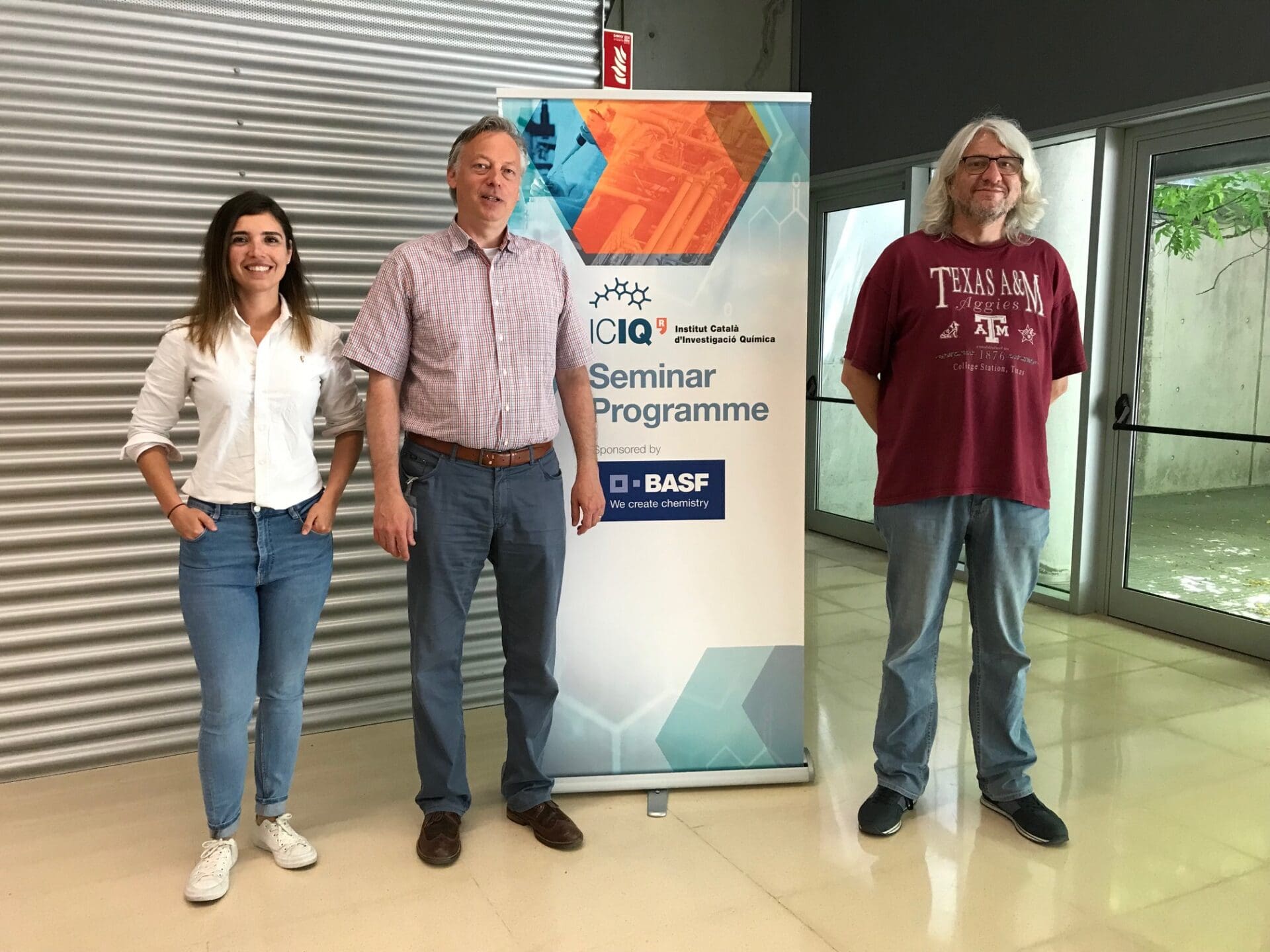
 20/05/2022
20/05/2022
 12:00
12:00
- Lecturer: Prof. Peer Fischer
- University: Institute for Molecular Systems Engineering, Heidelberg University & Max Planck Institute for Medical Research, Heidelberg, Germany
Catalytically active microswimmers and nanoporous materials
Chemically active particles that self-propel due to catalytic reactions have been demonstrated at micron length scales. These so called “chemical motors” can interact with their environment, which may lead to interesting swimming behaviors, including in principle chemotaxis. This is an exciting concept as it may potentially enable the active targeted delivery of pharmaceuticals. If the catalytic activity arises in semiconducting particles, then their interaction with light yields tunable emergent phenomena. While these carefully fabricated half-sided Janus colloids are model systems whose swimming behavior can clearly be seen in a microscope, the extension of these concepts to the nano- and molecular scale is far from obvious. I will critically discuss recent claims that enzymes and molecules can actively swim when they are catalytically active. Interestingly, however, chemically active nanoparticles and enzymes can give rise to sizeable hydrodynamic effects when they are confined, even if their individual propulsion is limited. Finally, it is shown that the fabrication methods that can yield some of the smallest chemically active Janus nanostructures can also be adapted to address a longstanding issue in obtaining pure nanoporous gold and other metallic structures. These nanoporous metallic films are remarkably robust with many catalytically active sites.
—
According to the last information received from ICIQ’s safety department about the measures to prevent and contain COVID-19 at ICIQ, a total of 70 people is now the maximum capacity allowed in the Auditorium, so the conference will be finally held in the Auditorium as well as through ZOOM platform too.
If you are interested in attending in the Auditorium, please, fill in this registration form to be sure that we do not exceed the maximum capacity. (It will be assigned on a first-come/first served basis). We will confirm your acceptance through an e-mail 24h before the event.
Other events

Let's create a brighter future
Join our team to work with renowned researchers, tackle groundbreaking
projects and contribute to meaningful scientific advancements



















